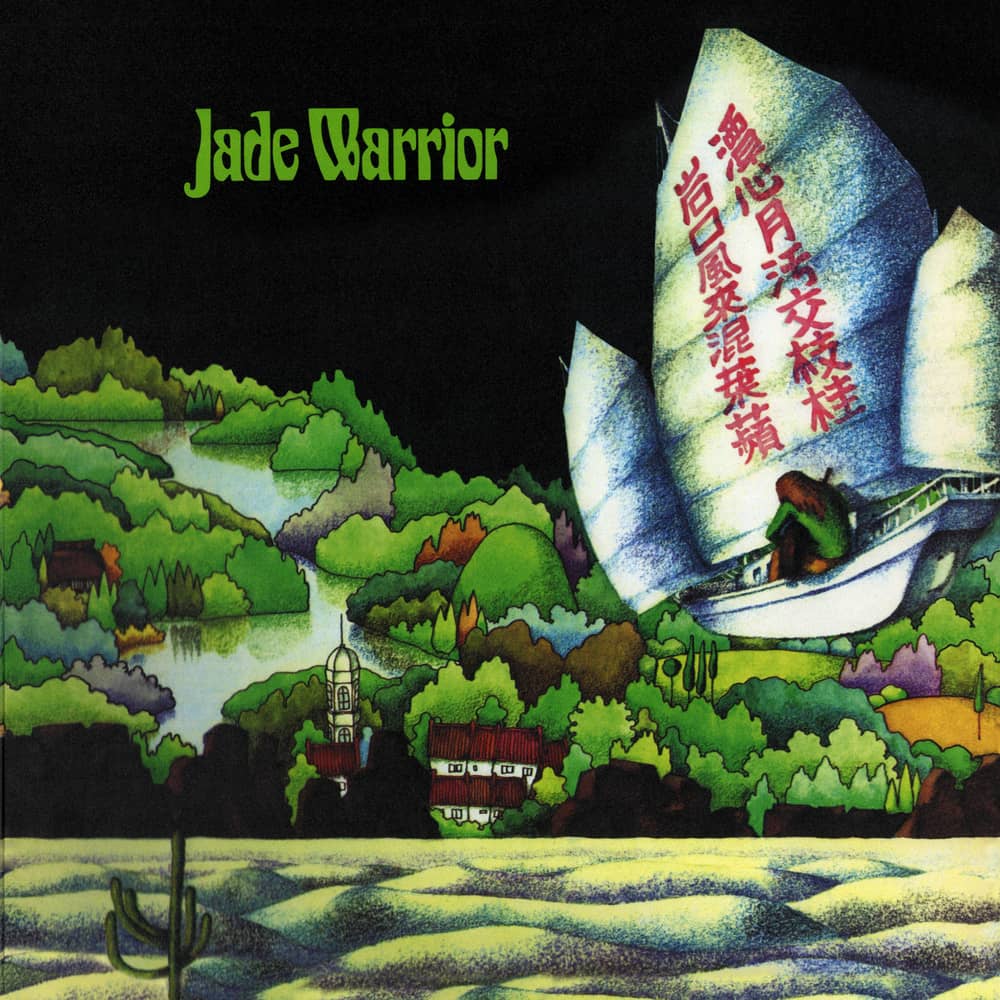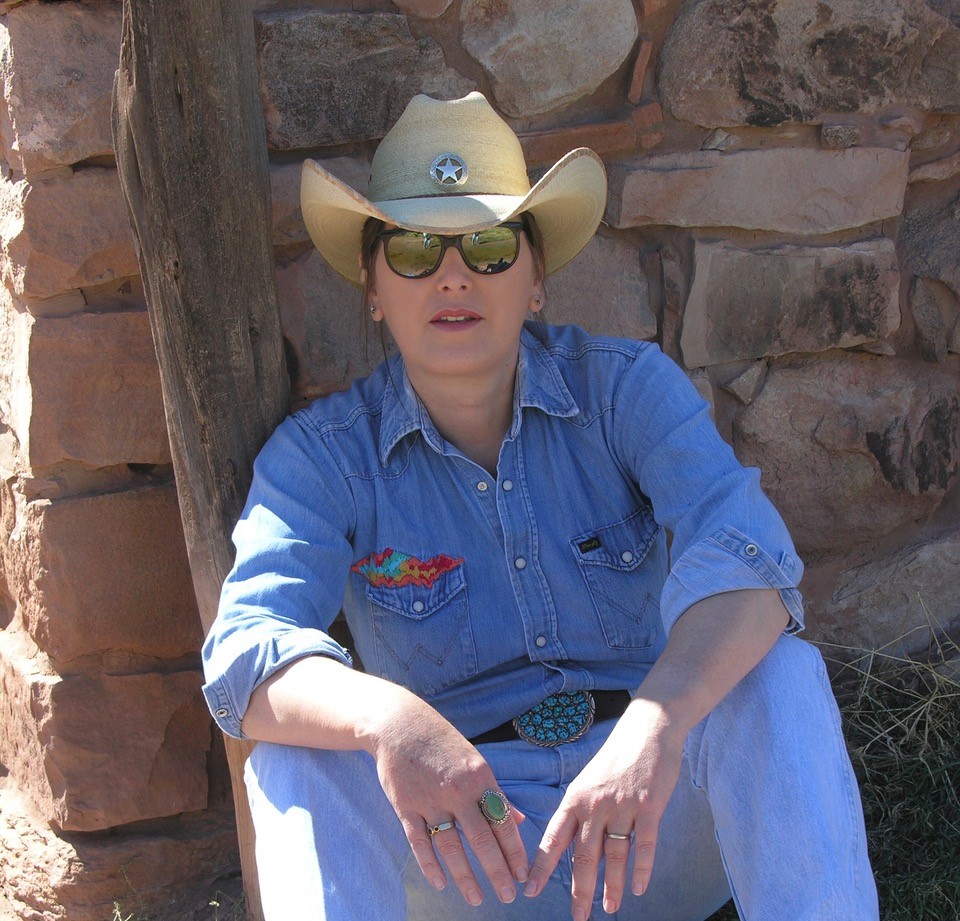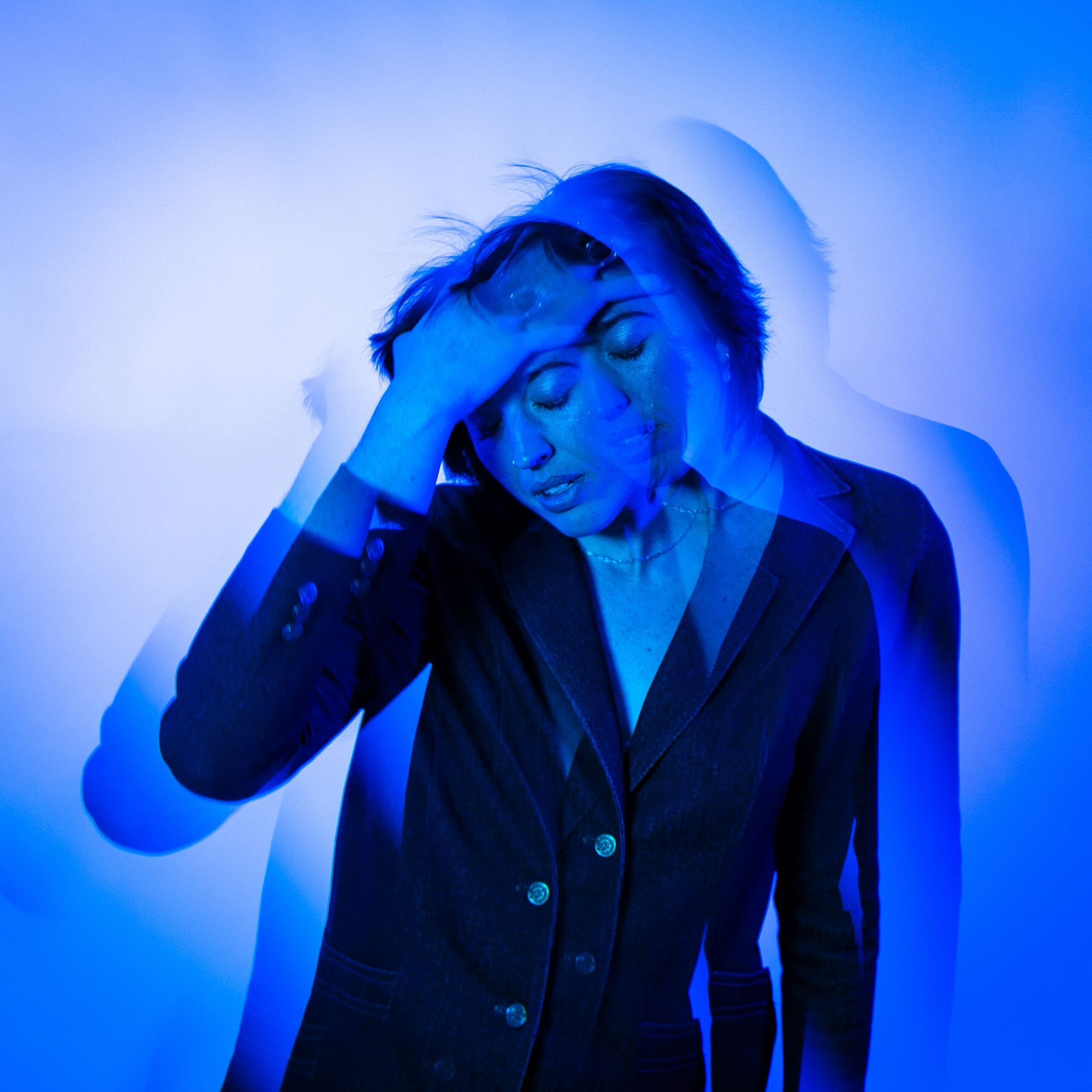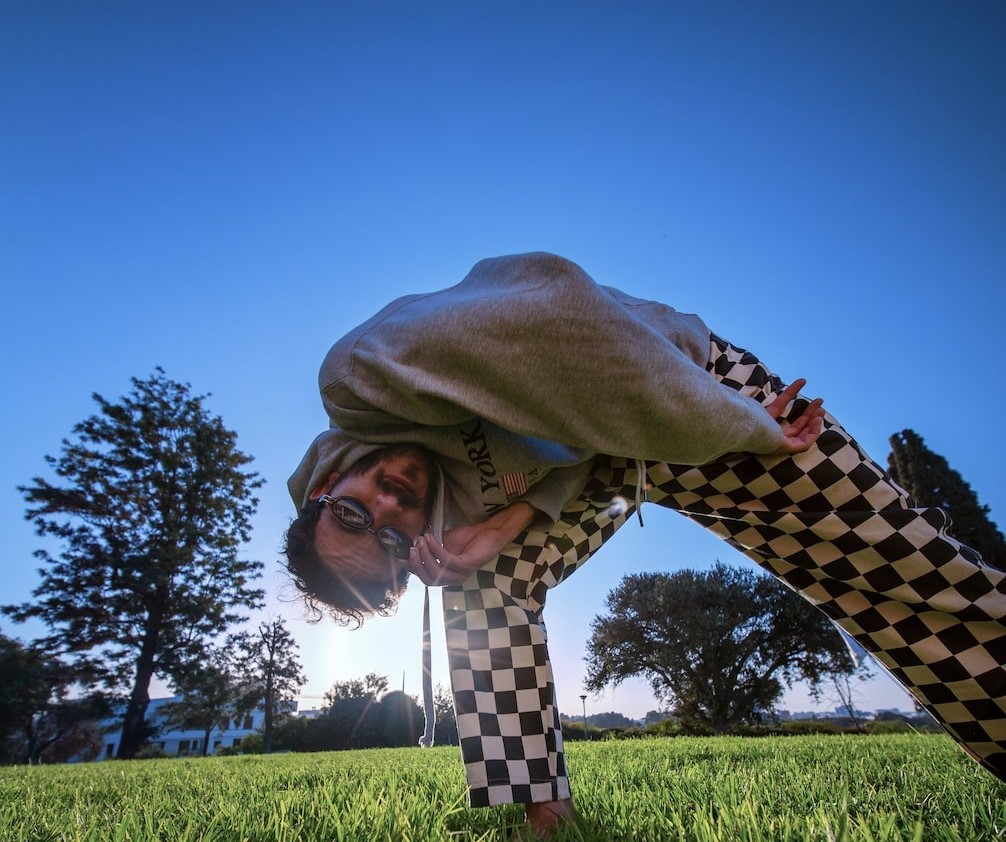Jade Warrior – ‘Jade Warrior’ (1971)
British progressive rockers Jade Warrior’s name referred to the mixture of hard and soft in their sound, Tony Duhig’s fuzz filled, distorted electric guitar contrasting with Jon Fields’ gentle flute and hand percussion.
The original incarnation of the band was rounded out by bassist/vocalist Glyn Havard, the band choosing not to employ a traditional drummer. The trio released their self-titled debut album on the Vertigo label in 1971.
The album opens with ‘The Traveller’ a gorgeous folkish rocker with acoustic guitar and flute giving the tune its relaxed feel, Duhig’s overdubbed soaring electric lead line and Havard’s almost imperceptible bass and gentle vocals nuanced to yield the group’s signature mix of hard and soft. ‘A Premature Day At Brighton’ has a Jethro Tull vibe with Fields’ flute and Duhig’s searing electric guitar at the forefront. Harvard’s psychedelic influenced lyrics complement Duhig’s blazing solo which leads to an acoustic guitar and flute outro. ‘Masai Morning’ is a three part African flavored tune with a flute, conga and maraca intro. Fields’ percussion dominates until a mid-tune tempo change with Duhig’s fuzz guitar and Havard’s thundering bass joined by Fields’ flute picking up the pace, Duhig adding tasteful bits of feedback, building to the heavy riff that closes the song which tells the tale of a lion on the hunt. ‘Windweaver’ features a mix of Duhig gentle acoustic and floating electric guitars, his heavy lead line juxtaposed with Havard’s delicate vocals. Duhig contributes two solos before Havard’s vocals return and the song mellows to its finish. ‘Dragonfly’ is a three part medley portraying the life cycle of the insect. The tune features numerous tempo changes, with gentle flute, acoustic guitar and vocal leading to a wah wah aided electric guitar interlude before flute and acoustic guitar reenter harkening the final phase of the dragonfly’s life. ‘Petunia’ is an electric blues tune, in the vein of John Mayall or John Lee Hooker, Havart contributing scat style vocals, Duhig’s fuzzed out lead line and solo contrasting with the gentle percussion of Fields. ‘Telephone Girl’ is an upbeat rocker with driving guitar, bass and percussion. Duhig’s solo pushes the tempo as the melody mixes rock and World music with African influences. Duhig’s guitar dominates with Fields’ congas and Havard’s bass holding down the bottom end. ‘Psychiatric Sergeant’ features a Jethro Tull style intro with flute, acoustic guitar and bass leading to a Doobie Brothers-like electric interlude along with psychedelic lyrics. Harvard’s heavy bass and Fields’ congas join the latter’s flute and Duhig’s restrained guitar before his lead line takes over making for a tune that would fit nicely on any Tull album. ‘Slow Ride’ has a relaxed intro with tremolo guitar gliding over flute as the music fits the instrumental’s title perfectly. The distorted, reverberated guitar is a wonderful foil for the gentle bass and percussion. The album closer ‘Sundial Song’ features guitar and flute introducing a lilting melody and medieval lyrics. Duhig’s guitar revs up as the tune shifts to the rocking sound of Jethro Tull’s ‘Aqualung’ period, complete with Ian Andersonesque vocals. Mid-tune the tempo slows with flute and acoustic guitar to the fore, electric guitar loping gently over the top. The song’s gorgeously relaxed, almost ambient feel brings the album gently to a close. The disc ends with the band’s first version of ‘Telephone Girl’, a previously unreleased gem, as a bonus track.
Esoteric Recordings’ reissue of ‘Jade Warrior’ comes in a digipak with a 16 page full-color booklet featuring an essay by Steve Pilkington, song lyrics, a band portrait and full original gatefold artwork. The album sounds better than ever thanks to 24 bit mastering by Ben Wiseman. This release will appeal to fans of progressive rock as well as classic rock and comes highly recommended.
Kevin Rathert
Jade Warrior – ‘Jade Warrior’ (Esoteric Recordings, 1971)




